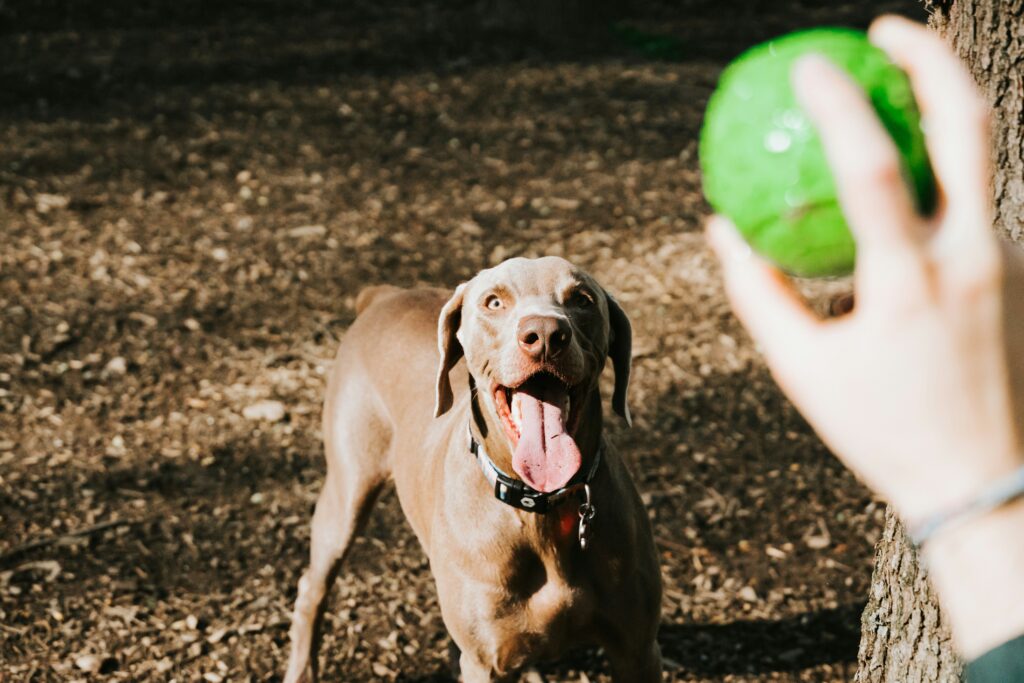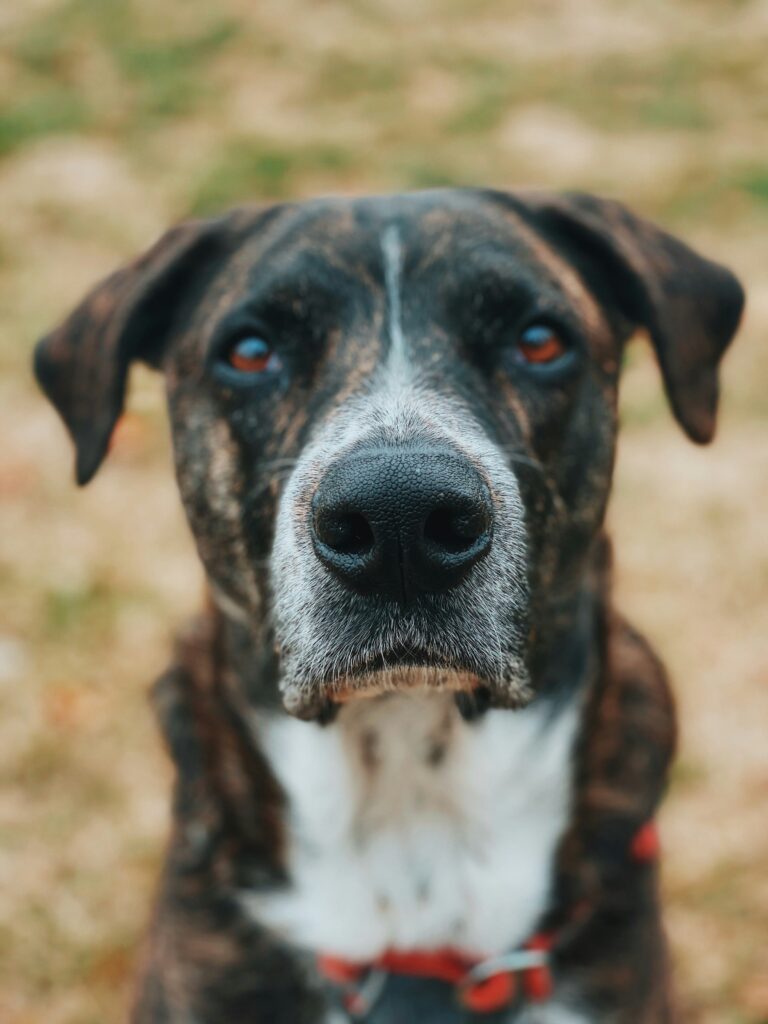Dog owners with senior dogs have an extra level of concern when enjoying dog parks. While the exercise and socialization opportunities are critical to your dog’s physical and mental health, below are 20 tips for parents of senior dogs and how to best experience dog parks together.
One: Evaluate Your Dog’s Health First
Ensure your senior dog is healthy enough for physical activity and socialization before visiting.
Two: Choose Quiet Times
Visit during off-peak hours to avoid overwhelming your elderly dog with a crowded, noisy environment.
Three: Use the Small Dog or Quiet Area
If the park has designated areas for smaller or less active dogs, opt for these to keep your senior dog comfortable.
Four: Monitor Energy Levels
Elderly dogs tire more quickly, so limit park visits to short sessions.
Five: Be Mindful of Joint Health
Avoid activities that require jumping or running if your dog has arthritis or joint pain.
Six: Bring Comfortable Gear
Use a harness instead of a collar for better control and to prevent neck strain.
Seven: Watch for Bullying Behavior
Younger or more energetic dogs might overwhelm or annoy your senior dog; intervene if needed.
Eight: Provide a Rest Spot
Bring a portable bed or mat for your dog to rest on if they get tired.
Nine: Stay Close to Your Dog
Elderly dogs may need more support or protection, so keep an extra watchful eye on them.
Ten: Keep Visits Brief
A 15- to 20-minute visit might be plenty for your senior dog to enjoy without overexerting themselves.

Eleven: Avoid Rough Play
Steer your dog away from overly rough or rambunctious dogs that could unintentionally injure them.
Twelve: Pack Water and Treats
Bring fresh water to keep your senior dog hydrated and light treats to reward good behavior.
Thirteen: Check Weather Conditions
Avoid extreme heat or cold, as elderly dogs are more sensitive to temperature changes.
Fourteen: Know Your Dog’s Signals
Watch for signs of fatigue, discomfort, or stress, and leave if your dog seems uneasy.
Fifteen: Limit High-Impact Activities
Focus on gentle walking or light socialization instead of running or chasing games.
Sixteen: Update Vaccinations
Ensure your dog’s vaccinations are current to protect their weaker immune system.
Seventeen: Keep Conversations Short
Avoid lengthy distractions with other owners; stay focused on your dog’s well-being.
Eighteen: Bring a First Aid Kit
Keep basic first aid supplies in case your dog gets a scrape or minor injury.
Nineteen: Acclimate Gradually
If it’s been a while since your dog visited the park, reintroduce them gradually to the environment.
Twenty: Know When to Stop
If your elderly dog doesn’t seem to enjoy the park anymore, consider alternative activities like quiet walks or playdates with familiar dogs.
